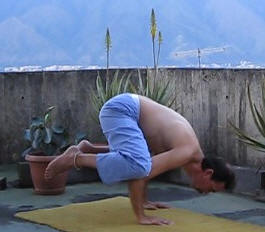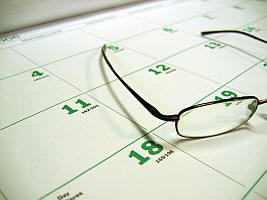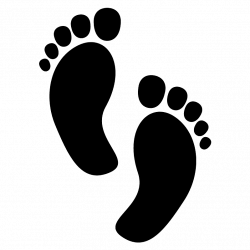 For better or worse our routines direct our destiny. Frequently, we think about routine as something monotonous and undesirable. Even so, we all have routines and not all of them are bad.
For better or worse our routines direct our destiny. Frequently, we think about routine as something monotonous and undesirable. Even so, we all have routines and not all of them are bad.
While there are certain routines and habits we would like to change, like smoking and eating too much, there are others which drive us to grow and improve. Recently, I had the opportunity to take an extended vacation. When I returned, I realized I had stopped doing exercise. Even though I know these routines are most beneficial, after neglecting them for several weeks, reestablishing them has been a difficult task.
 There is a study which says it takes 21 days to establish a positive habit and only 3 days to lose it. While it may actually take more or less time, it’s a good rule of thumb. Knowing what we should do is easy; doing it is another story.
There is a study which says it takes 21 days to establish a positive habit and only 3 days to lose it. While it may actually take more or less time, it’s a good rule of thumb. Knowing what we should do is easy; doing it is another story.
How can we find energy and willpower to establish routines which will empower us while eliminating those which do not benefit us? While I don’t claim to have the “final answer,” there is something we can all do to lead us to this utopia. When we integrate challenge as a part of a routine, we automatically add an element allowing us to derive more pleasure from the activity.
This idea is congruent with the studies of Mihaly Csikszentmihalyi and Martin Seligman on happiness. Their studies include the investigation of hundreds of thousands of people worldwide, from all walks of life and diverse age groups. They conclude we are happiest when we are working towards a worthy ideal. Resting and basking on a beach with nothing to do has its value. As strange as it may seem, though, this is not when we are happiest.
We can challenge routine in order to achieve more happiness and “flow” in our lives. Deciding to exercise more and to eat less is a decision we make quite often. Unfortunately, these wonderful desires are often left as nothing more than good ideas. Inaction is the result of the famous line, “I’ll start on Monday.”
 One way to close this gap is to establish and achieve small realistic goals. Let’s look at an example. If someone hasn’t done any exercise in the past year, is it realistic they will start doing exercise every day starting next Monday? While anything is possible, it isn’t probable.
One way to close this gap is to establish and achieve small realistic goals. Let’s look at an example. If someone hasn’t done any exercise in the past year, is it realistic they will start doing exercise every day starting next Monday? While anything is possible, it isn’t probable.
If we want to start doing more exercise we can start with simple things. For example, we can start the day with some stretching before we get out of bed. We can take the stairs, even if it’s for a couple of floors, instead of taking the elevator. We can pick things up instead of dragging them across the floor. In this case the challenge could be, “What can I do to get a little bit of exercise in everything I do?”
When we establish achievable objective, little by little we go far. Our current habits and routines are the result of many years of experience. While it is not realistic to think we can change all of our bad habits and convert them into empowering routines tomorrow, taking small steps to challenge routine utilizes our mind to our benefit instead of to our detriment.
We all know what we should do. It isn’t what we know but rather what we do which is most important. When we make a game of our routines and look for a way to make them more interesting we achieve two objectives. First, we enter into a state of “flow” which leads us to happiness; secondly, we establish routines which create power and energy. Challenge routine today to achieve much more tomorrow.
∞ Rob McBride ∞
LL II 8

